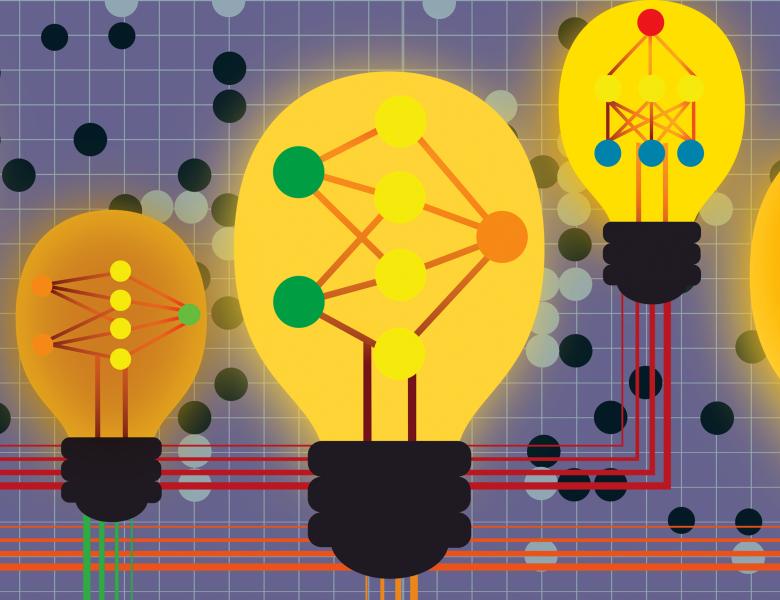
Abstract
The mathematical definition of game-theoretic equilibrium was not particularly motivated by any particular process by which equilibration could occur (though Nash mentioned a “mass action” population dynamics mechanism in his short thesis). Since then, many learning theories have been suggested and studied carefully, mostly in lab experiments. These theories are useful because they can suggest when equilibration is slow or fast, and also might predict which of several multiple equilibria are more likely to occur. This talk will concentrate on reinforcement, fictitious play, and hybrid EWA learning.


